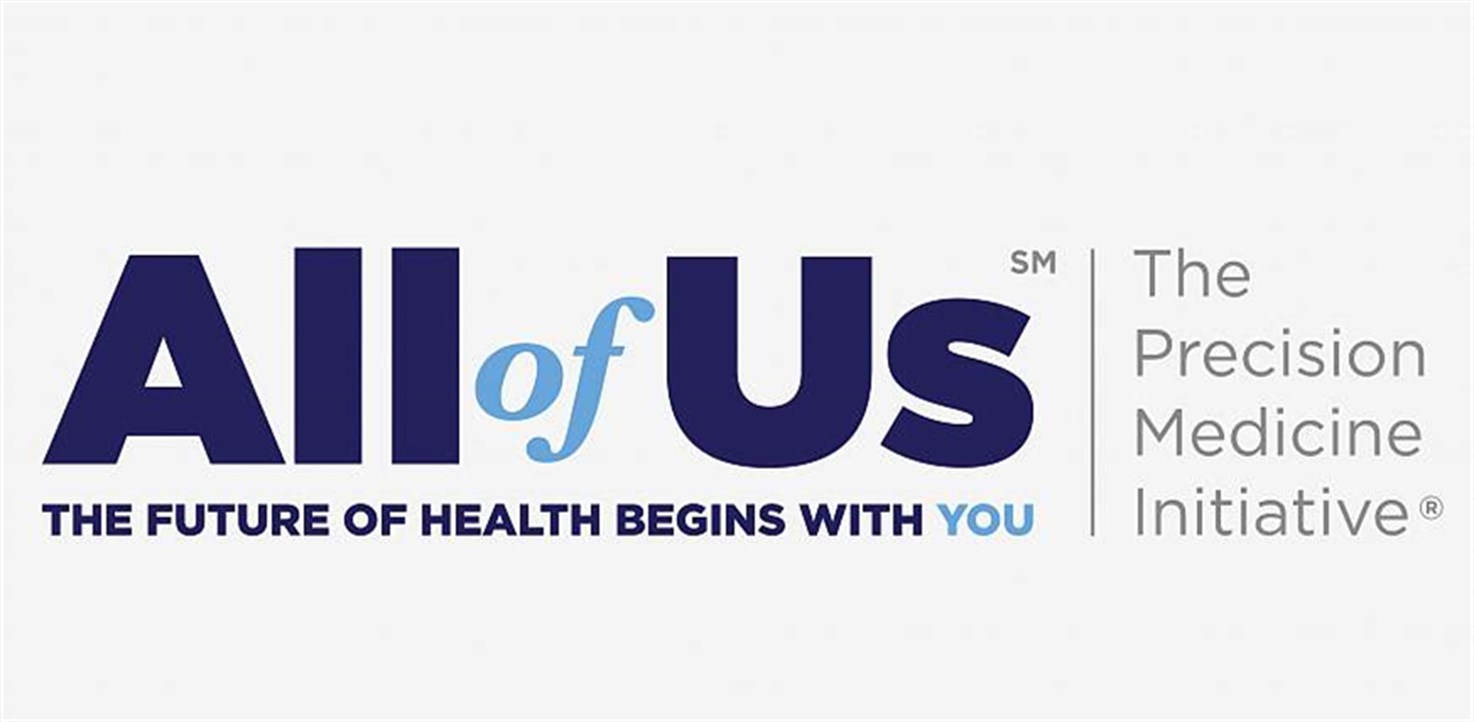When considering the etiology of illness and disease, most of us have a biology-centric perspective. When we go to the doctor to receive treatment for an ailment, we expect our healthcare practitioners to gather our health histories, as well as biological specimens such as saliva, urine, or even a biopsy. Under this expectation, we miss gathering a wealth of information beyond biology that could lead to valuable insights into a treatment or cure.
Although it veers from the placing biology at the center, precision medicine does not undermine biological determinants of disease. Biology matters and a deep understanding of biology has led to the brilliant strides made in medicine over the past century. Rather, precision medicine combines insights from the biological, environmental, and behavioral factors that contribute to disease.
Have you ever wondered why a certain treatment plan may work differently for two people with the same ailment? Take for example Judy and Tasha (fictional characters). They are both 40-year old, African-American women with breast cancer. Neither have any other major health problems and both have a stage II invasive ductal carcinoma. They are both receiving the same treatment, however, Judy’s tumor is shrinking, while Tasha’s is the same size as it was at the beginning of her treatment. In this scenario, precision medicine considers factors, such as variability in exercise levels, genetic sequences, and daily stress levels, for each woman respectively. Treatment plans take these factors into consideration and adjust accordingly.
While the term precision medicine surfaced in the recent past, the concept of considering the factors that make individuals different has long been weaved throughout medicine. Take for example blood transfusions. Doctors do not simply give patients blood transfusions from any random person, but rather match blood types between the donor and recipient. Still, most medical and surgical specialties use a “one-size-fits-all” approach.
The hope of the precision medicine initiative, spearheaded by former President Obama in his January 20, 2015 State of the Union address, is to provide the resources to expand precision medicine into more areas of medicine. This will take more research into how best to integrate personal information into treatment plans, an endeavor that will require the participation of a large portion of the country in the All of Us Research Program.
Check back tomorrow for more information about precision medicine and the All of Us Research Program!




